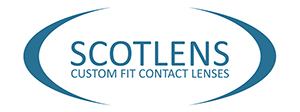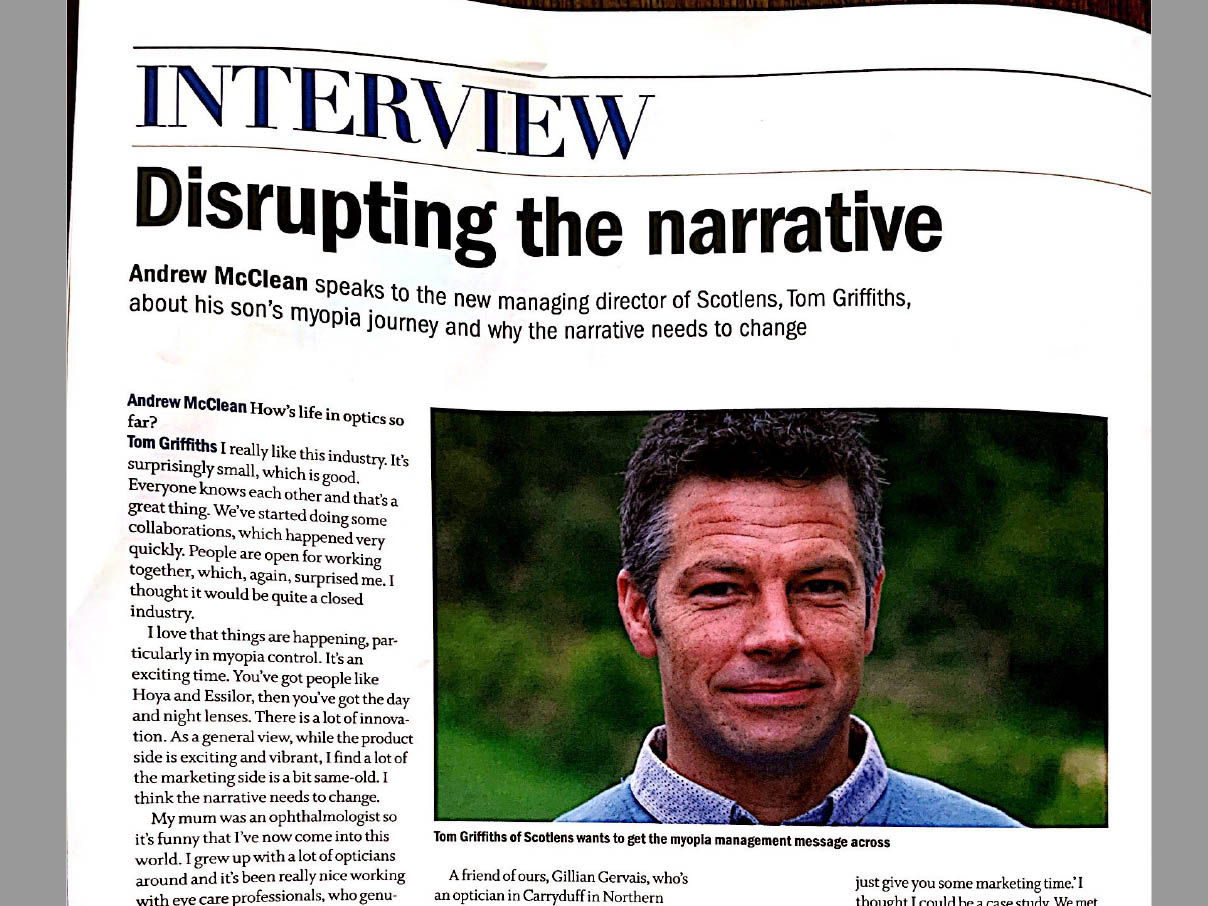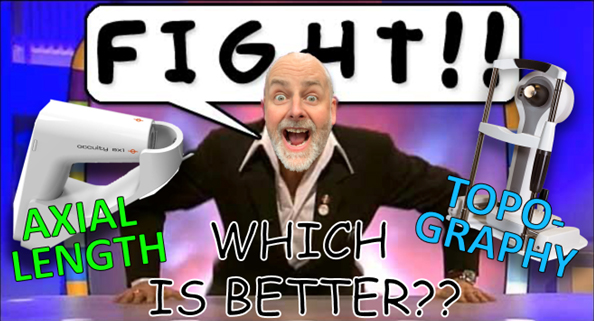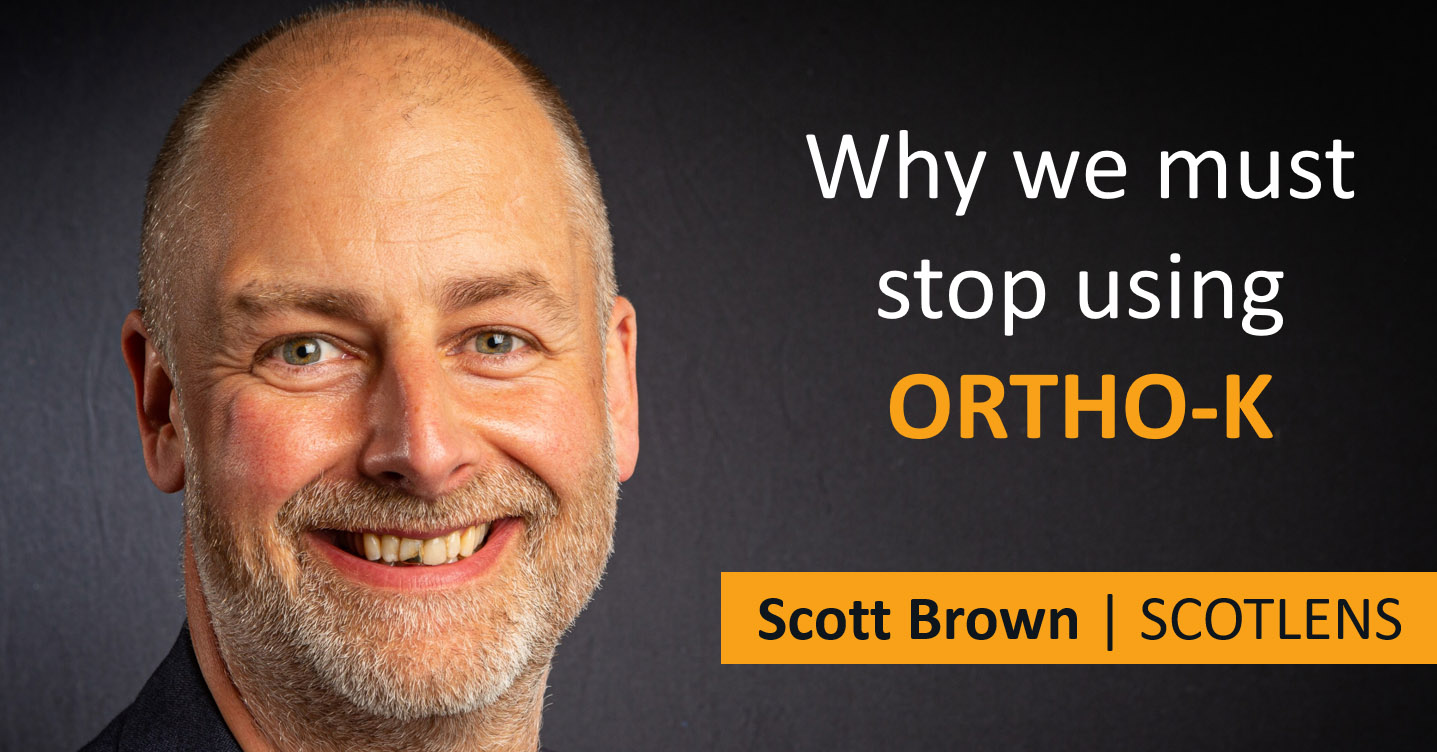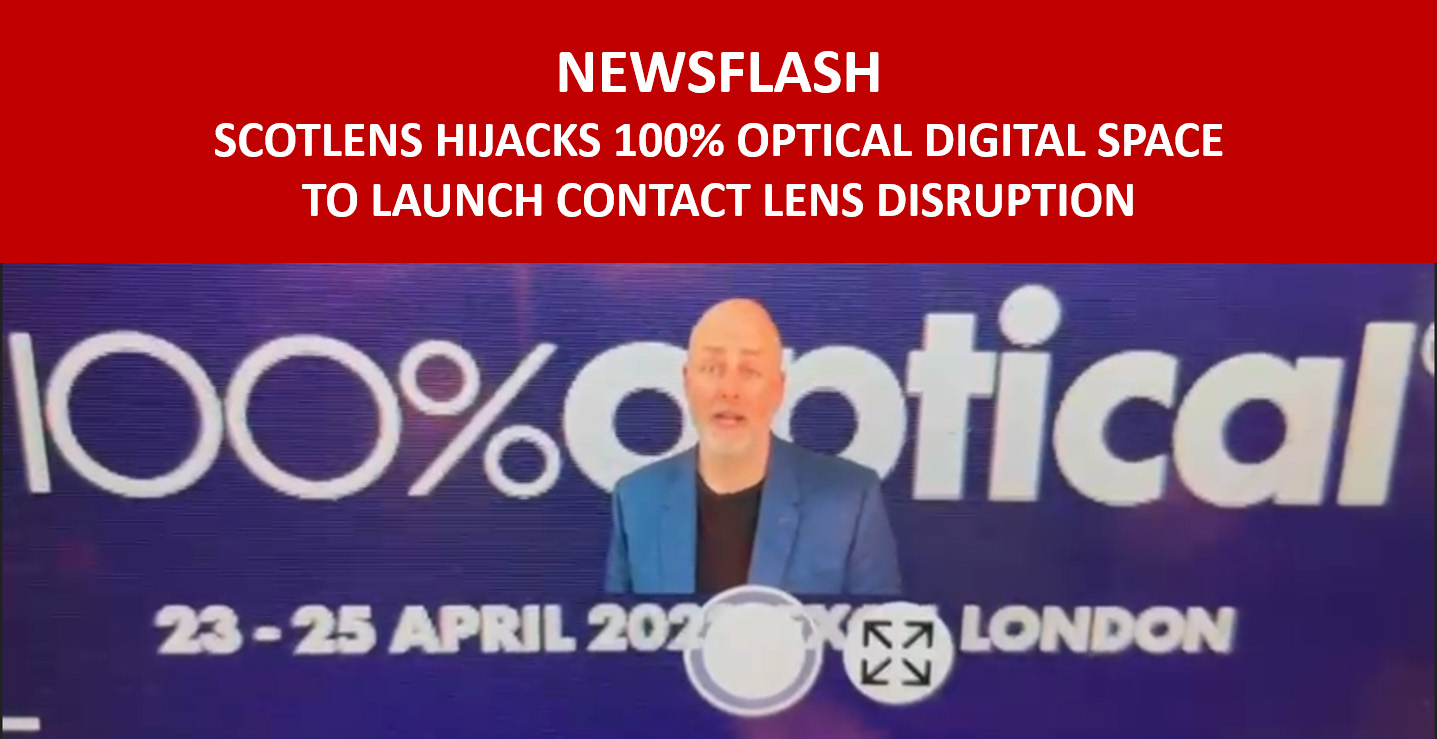This article was originally run in Optician Magazine. Click here to view
Andrew McClean speaks to the new managing director of Scotlens, Tom Griffiths, about his son’s myopia journey and why the narrative needs to change
Author: Andrew McClean
Published:04/06/2021
Andrew McClean: How’s life in optics so far?
Tom Griffiths: I really like this industry. It’s surprisingly small, which is good. Everyone knows each other and that’s a great thing. We’ve started doing some collaborations, which happened very quickly. People are open for working together, which, again, surprised me. I thought it would be quite a closed industry.
I love that things are happening, particularly in myopia control. It’s an exciting time. You’ve got people like Hoya and Essilor, then you’ve got the day and night lenses. There is a lot of innovation. As a general view, while the product side is exciting and vibrant, I find a lot of the marketing side is a bit same-old. I think the narrative needs to change.
My mum was an ophthalmologist so it’s funny that I’ve now come into this world. I grew up with a lot of opticians around and it’s been really nice working with eye care professionals, who genuinely want to do a good thing. It’s a lovely thing to be in a sector where people are doing good for others. We’re not trying to flog products that people don’t want. This is a genuine thing.
AM: When did you learn about orthokeratology?
TG: My son and I went to a high street optician. He was about eight years old and they said, ‘Oh, he’s a short sighted. We’ll just fit him with glasses.’ Nothing more than that. Nothing about myopia, or anything else. No other options. Then, between the age of eight and 12 his eyesight just completely tanked. He was losing one dioptre a year.
He got into big school and it didn’t really work for him for a number of reasons. When he was in primary school he was always out playing football in break time. We now live in Northern Ireland and it’s a very wet country, so his glasses would steam up, or get rain on them and he couldn’t head the ball because they’d fall off or break. So, he stopped playing sports.
A friend of ours, Gillian Gervais, who’s an optician in Carryduff in Northern Ireland, recommended orthokeratology contact lenses and it just sounded a bit weird. It was too good to be true. We got him into them and it completely changed his life. He walked around his bedroom on the first day and he’d say, ‘I can see this! I can see out the window!’ My wife and I were pretty much crying.
AM: How did you meet Scott Brown?
TG: I’m an entrepreneur, so I try to make a living doing various things, but then I also give free time to projects and set things up. I got in touch with Scotlens, the company behind my son’s contact lenses and spoke to the owner, Scott. I just said, ‘Look, people need to know about these. As a social entrepreneur, I’ll just give you some marketing time.’ I thought I could be a case study. We met up in Belfast and I’d looked into the sector. I thought, just from a pure marketing point of view, what was the reason we didn’t know about orthokeratology? I felt they were marketed wrong. We’re trying to teach people about orthokeratology, rather than talking about a lifestyle product that fits into their lives. You’ve got all these brands and it just didn’t make sense. I came up with some ideas with Scott and we hit it off. That was pre-Covid and I started helping him during lockdown with some ideas. I’ve now officially joined.
AM: What is your working relationship with Scott like?
TG When I started working with Scott I did some due diligence on him and Scotlens. What I found was that people recognised him for being a geek and I love that. He’s a contact lens geek and he’s happy to be that. He’s passionate about them. He’s an optometrist who is clearly good at what he does. He has followed his dad’s footsteps with designing lenses and he’s quite entrepreneurial, which I like. People really like him and I really like him. We get on really well. We’re peas in a pod in a way. My mum’s quite pleased that I found someone who shares a passion. I have the passion on the marketing side with someone who genuinely has a passion about achieving good things.
AM: What does your role entail?
TG: The business cuts down the middle with clinical and then the operational side is marketing and sales. It’s all to do with getting out there and supporting people who want to sell our products, but also, as a business we’re not just about flogging lenses. We’re involved in a number of projects in the industry. Hopefully, our brand will be known as one that does good things in this space. We’ve already started an academy for youngsters in Scotland. It’s only a very small thing for now, but we’re a Scottish business and are committed to supporting other local businesses. We give the opportunity to youngsters in the creative sector coming through. I did the same at Gapyear. In fact, one of the youngsters we brought in early on at Gapyear ended up becoming COO after I moved on.
The UK eye care sector needs a crop of youngsters to come through with hunger, passion and free-thinking to help ECPs, not just to keep up with and engage with customers but to lead the sector forward. Optometrists are really struggling to engage and make sales in the digital space. So, let’s be proactive and do something about it by helping them while helping kids coming through, desperate for jobs, careers and a platform to showcase themselves.
AM: Why do you think the narrative around orthokeratology needs to change?
TG: It is very similar to when I first started gapyear.com in 1997. When we first started there it was time off, time out, year off, year out, a bridging year. It was just for rich kids but it wasn’t for rich kids. It was so complicated. My business partner and I said, ‘The cool term is gap year.’ I’ve learned over the years that you’ve just got to be on trend with where things are.
We had gapyear.com and we just made it relevant. I did stuff on Radio 1 where I was a gap year guru. Then on Radio 4 and Radio 2 we talked to parents. It was cool, it was relevant and it just fitted people’s lives. Looking at where we are with orthokeratology now, it’s very complicated. People don’t get it, they don’t trust it, they don’t understand it. People call it weird. It’s too good to be true.
Everyone in the industry has got to change the narrative and make it exciting, interesting and relevant. We’ll do our part in that and I’m sure some big players like CooperVision and others will do their bit. It’s the same with our specialist lenses. It’s about getting hospitals to understand where they could be good options. For any specialist fitters out there, we’ve got to help the patient understand where these will fit in and improve their lives. And support the ECPs to explain it better and to deliver a better service.
AM: How will you achieve change?
TG: We’re going to be supporting ECPs. I think that’s really important. Helping with their marketing is key. On the business side of things is them understanding the profitability. They will have direct access to myself and Scott, which is important. Scott’s been doing some CET presentations. We’re going to be setting up workshops and conferences but doing it differently. In terms of the conferences, we were heading towards digital concepts and adding a little bit of spark.
AM: How will you disrupt the optical industry?
TG: Disruption’s a funny term. I’ve been going a long time now, so I’ve been called a number of things, including a disruptor. Disruption is about taking a different path. For example, Uber disrupted the taxi industry by creating a completely different way of people ordering lifts home.
Looking at orthokeratology, people don’t understand what these lenses are. They don’t understand how well they can change your life. It’s about changing the narrative and completely changing the concept of how we view these things. Often, industries find themselves down a dead end because they do things a particular way. The dead end in eye care is that you go to an optician to have an eye test for glasses. I think that’s wrong. An eye test is about eye health.
The public needs to understand the importance and the value of our amazing optometrists and opticians. I don’t know how we do it, but the disruption side needs to be a mindset change.
AM: What are the opportunities in the orthokeratology market?
TG: Ortho-k globally is only about 1% of the global contact lens market. If you look at what’s going to happen over the next decade, particularly around myopia control, then there are three major options, which is glasses, the day lens and then the ones you put in at night. It’s a numbers game. You’ve got companies like Hoya and Essilor who are fantastic marketers and CooperVision, they’re going to come out and the market will be woken up to myopia management. We should grow by default.
In terms of the benefit of ortho-k, the myopia control is actually just a nice additional. The fact that my son’s has stabilised and lowered the risk of eye disease later in life is fantastic. But, he wakes up, he takes the contact lens out. There’s nothing in his eyes, or on his face and life’s great. He goes surfing and he’s a confident, young man. There are case studies of people who have progressed in sports because they don’t have to wear sports glasses. Kids going to school don’t have to worry about having a lens in their eye or glasses on their face. That, for me, is where the lifestyle element of ortho-k fits in. It’s a really on trend product. Ortho-k is a fantastic product that hits the sweet spot.
AM: Why is it important to get this message out?
TG: We all have responsibility to get this right for our kids’ futures. That’s the bottom line. This surge in myopia is very real, it’s happening. I went through the system and if I hadn’t chanced upon ortho-k, I wouldn’t have had any clue. My son might still be in glasses. His eyesight was minus four by the time he got on to them. We’re not getting the message out. As a sector, it’s important that we get it right.
OPTICIAN MAGAZINE: https://www.opticianonline.net
